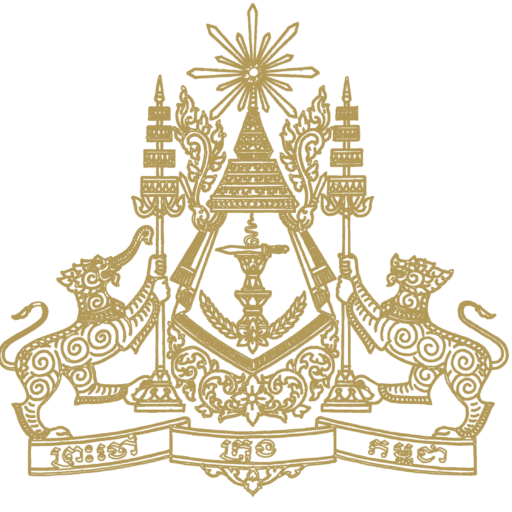H.E. Prof. Dr. SOK Siphana
Senior Minister in charge of Special Missions
(Multilateral Trade and Economic Affairs)
and Chairman of the Trade Policy Advisory Board (TPAB)

Special Message of the Chairman
It is indeed a great honor and a great privilege for me to lead the Trade Policy Advisory Board and I am grateful for Samdech Moha Borvor Thipadei HUN Manet for his wisdom in initiating the establishment of this Board and his presiding its launch last 8 April 2024.
In the first few decades following the Paris Peace Accords, Cambodia’s trade policy was quite straightforward. We needed international trade to create jobs and help reduce poverty. Luckily, at the time the global economic environment was very open and conducive as the world saw the benefits brought about by trade-liberalizing agreements. Our accession to the WTO was the fastest in the annals of trade negotiations for LDCs, not so much because Cambodia was keen to fully join the community of trading nations, but primarily because the international community wanted to see Cambodia’s hard earned peace lead to economic growth and prosperity, with trade as its backbone.
The landscape today is more challenging. There is no doubt that globalization is under fire in many nations. International trade has been challenged by a succession of massive shocks ranging from Brexit to the pandemic, an erosion of the domestic consensus for American engagement in the global economy, the Ukrainian war, the Israel-Palestine conflict and rising geoeconomics tensions. One way or the other, they will have an impact on our economy. Cambodia is a small country and we cannot do everything like a country with a far larger population and resources can. As such, we have to be nimble and flexible with our trade policy. In other words, for Cambodia to succeed, we must trade with other countries, and with greater urgency and intensity.
As a Trade Policy Advisory Board, we all have a duty to constantly weigh the pros and cons of different trade related policy options before submitting to the Prime Minister. Focusing more in one area may leave fewer resources to invest in another, yet not addressing on certain critical priorities may have harmful long-term consequences. We are also to be mindful of our strengths and weaknesses, we must assess our actual productive capabilities and capacities to trade. In another word, we have to think creatively on ways and means to compete, to increase our value in the global supply chains, and to generate new sources of growth. The task is huge and long drawn. As a consultative group with a broad composition of government ministries, private sector, academia, research institutions, and think tanks, we are ready to serve.

